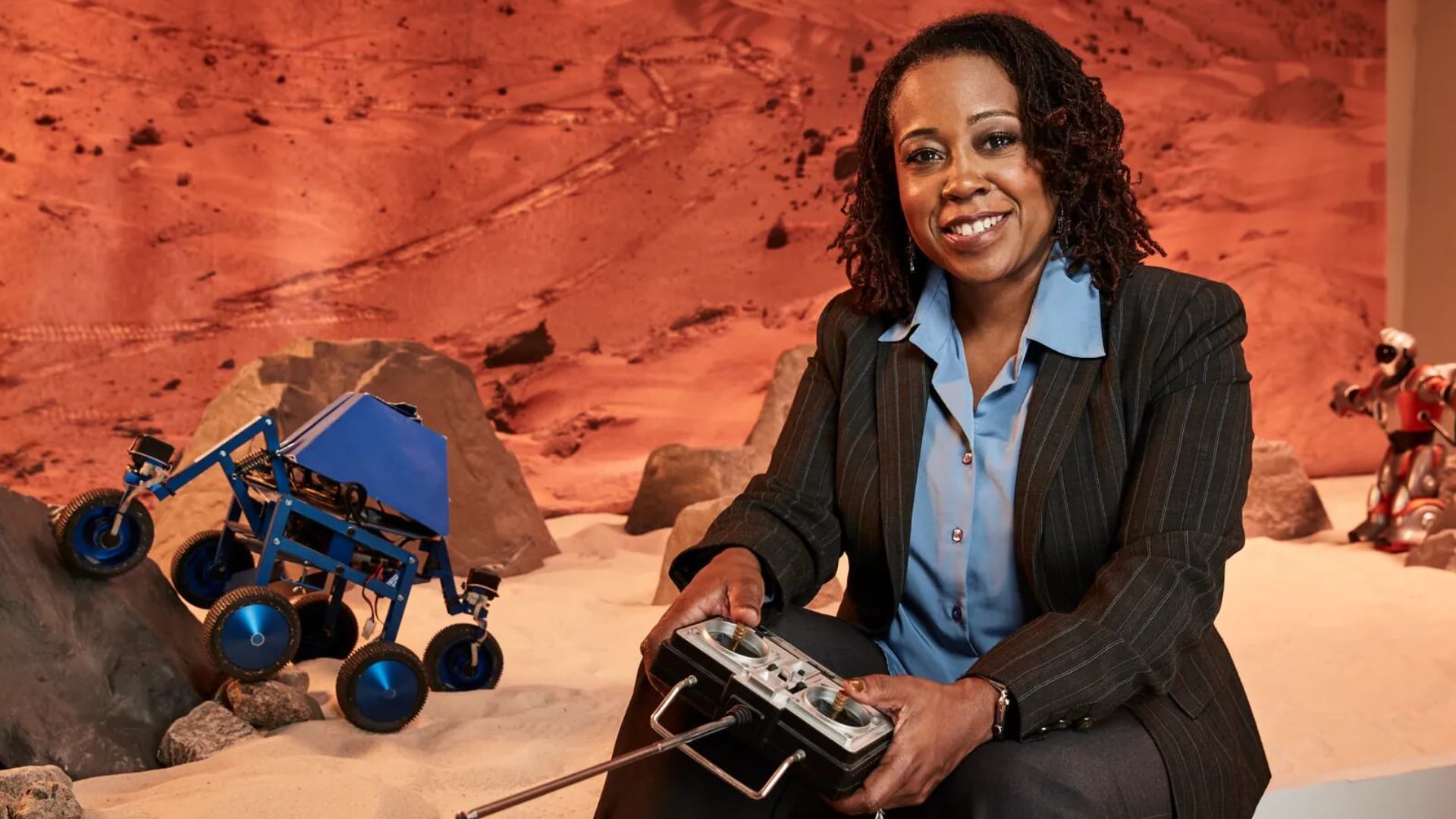Personal Protective Equipment (PPE) is in high demand these days and. Direct Relief, the largest nonprofit provider of PPE in the U.S., is working globally to do its part in the fight against the spread of coronavirus.
Shortages of these supplies is a critical problem for frontline medical workers and one of the toughest issues the organization is facing, said Thomas Tighe, CEO of Direct Relief.
"I think the main problem, so far, has been just the availability of supplies themselves," Tighe said. "Usually, U.S. hospitals are very well equipped, very sophisticated, have their own stable supply chains, but the world got caught short by this one."
The demand for PPE is so high Tighe said other countries who they have never worked with before have reached out to them for help. He also noted that many of the supplies that were stockpiled at the beginning of the pandemic had either become outdated or inadequate.
To keep up with the demand, Direct Relief increased its supply chain distribution efforts, but the lack of supply and increasing costs brought even more challenges.
"It's been this rapid, trying to ramp up a supply chain, assemble supplies, get the distributions lined up. We do this every day throughout the U.S. for the chronic gap that exists," he said. "So, we were able to dial things up in our system, but really the availability in supplies and the spike in prices that accompanied the shortages have been a real challenge for everyone."
As more cities compete to get access to scarce medical supplies, the CEO said it becomes especially problematic for countries that already had few resources.
"If you look at how some of the richest cities and the richest states and the richest country in the history of the world have struggled mightily — New York, Seattle, Los Angeles — with confronting this virus, it's very sobering to think of what is going to happen when the same exact virus hits the countries that are not the richest."







